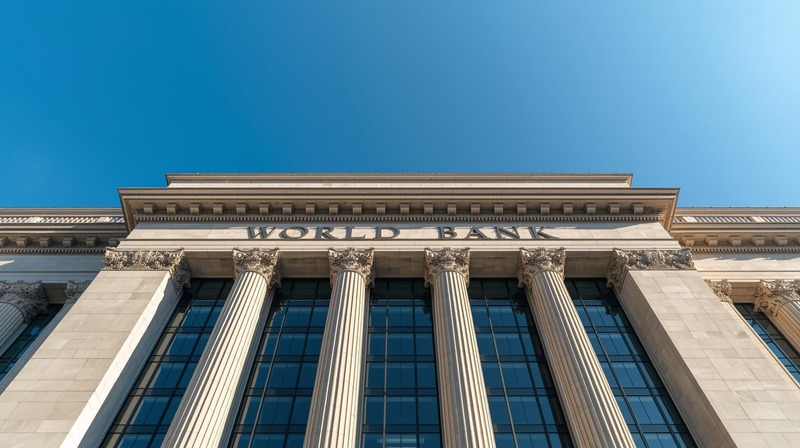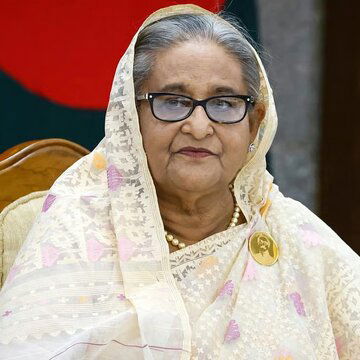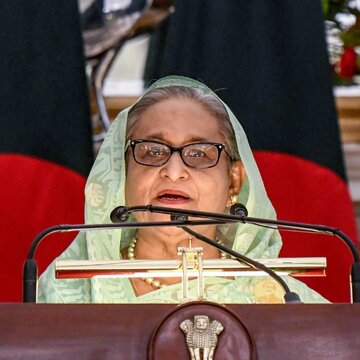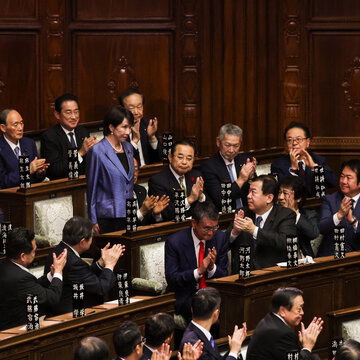Despite government claims of stability under the IMF programme and bullish stock markets, the World Bank’s Reclaiming Momentum Towards Prosperity report reveals a grim reality.
Between 2001 and 2018, Pakistan reduced its poverty rate from over 60 % to about 21.9 %. However, by 2023-24, it had climbed back above 25 %, according to World Bank.
As per The Tribune, rural areas, especially in regions like Balochistan and interior Sindh, face especially acute deprivation. The report highlights structural flaws: Over 85% of the workforce works in the informal sector without job security or social protection. Women and young people are disproportionately affected, with limited labour force participation and opportunities.
Malnutrition remains a major issue, with nearly 40 per cent of children under five facing it. Education outcomes remain substandard, leaving millions of workers unprepared for productive employment in the near future.
Fragile growth model demands bold reforms
The World Bank argues that Pakistan’s growth model, driven largely by consumption, has ‘reached its limits.’
To reverse the trend, the report calls for inclusive, people-centred reforms: strengthening ‘social safety nets,’ improving public services in education and health, and expanding opportunities in underdeveloped regions.











